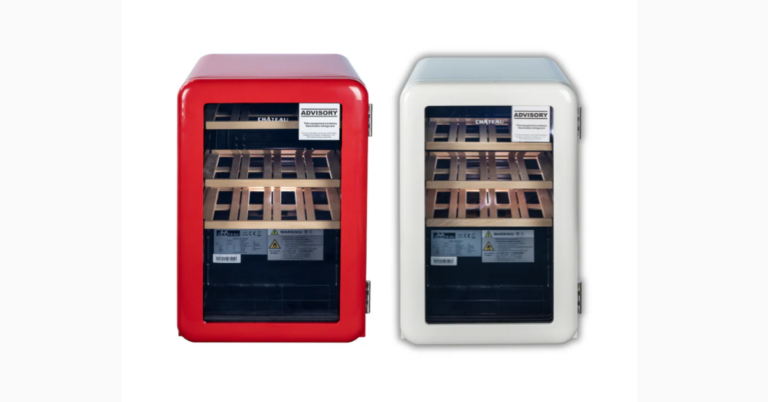The Role of Blockchain in Ensuring Food Safety
Blockchain technology works by creating a decentralized and transparent digital ledger that records transactions across a network of computers. Each digital record, or block, contains encrypted information about a specific transaction. These blocks are linked together in a chronological chain, forming a secure and immutable record of all transactions conducted on the network.
To ensure security and trust in the system, blockchain technology relies on consensus mechanisms where network participants validate and verify transactions. This consensus helps to prevent fraud and unauthorized changes to the data recorded on the blockchain. Through this distributed and tamper-proof system, blockchain technology provides a reliable and efficient method for storing and sharing information in various industries, including finance, supply chain, and healthcare.
Benefits of Using Blockchain for Food Safety
Blockchain technology offers numerous benefits for enhancing food safety practices in the food supply chain. One of the primary advantages is the ability to provide transparent and immutable records of food products from farm to table. This ensures that consumers can easily track the origins of their food and verify its authenticity, helping to prevent fraud and contamination in the supply chain.
Moreover, blockchain enables real-time monitoring and data sharing among all parties involved in the food supply chain. This increased transparency and accessibility to information can lead to quicker identification of food safety issues and faster responses to potential threats. By utilizing blockchain technology, the food industry can improve traceability and accountability, ultimately leading to safer products for consumers.
Enhancing Traceability in the Food Supply Chain
Enhancing traceability in the food supply chain is crucial for ensuring food safety and quality. By implementing blockchain technology, each step of the food production process can be recorded and verified in a secure and transparent manner. This allows for real-time tracking of products from farm to table, providing consumers with detailed information about the origin and journey of their food.
With enhanced traceability, foodborne illness outbreaks can be quickly identified and contained, reducing the impact on public health. By utilizing blockchain, stakeholders can access accurate and up-to-date information on the entire supply chain, including production, transportation, and storage conditions. This level of transparency promotes accountability among all parties involved in the food supply chain, fostering trust and confidence in the products being consumed.
• Implementing blockchain technology allows for each step of the food production process to be recorded and verified securely.
• Real-time tracking of products from farm to table provides consumers with detailed information about the origin and journey of their food.
• Enhanced traceability helps in quickly identifying and containing foodborne illness outbreaks, reducing the impact on public health.
• Stakeholders can access accurate and up-to-date information on the entire supply chain, including production, transportation, and storage conditions.
• Transparency promotes accountability among all parties involved in the food supply chain, fostering trust and confidence in consumed products.
How does blockchain technology work in enhancing traceability in the food supply chain?
Blockchain technology allows for the secure and transparent recording of transactions in a decentralized database. This ensures that all the information related to the food supply chain, such as origin, processing, and distribution, can be tracked in real-time.
What are some benefits of using blockchain for food safety?
Some benefits of using blockchain for food safety include improved transparency, increased trust among consumers, faster response to food safety issues, and the ability to quickly trace contaminated products back to their source.
How can blockchain technology help enhance traceability in the food supply chain?
By using blockchain technology, each step in the food supply chain can be recorded and verified, providing a complete and transparent view of the journey the food products take from farm to table. This can help in quickly identifying and addressing any issues that may arise.
How can companies implement blockchain technology in their food supply chain?
Companies can implement blockchain technology by partnering with blockchain technology providers or investing in their own blockchain infrastructure. By digitizing their supply chain using blockchain, companies can ensure greater transparency and traceability in the food supply chain.







